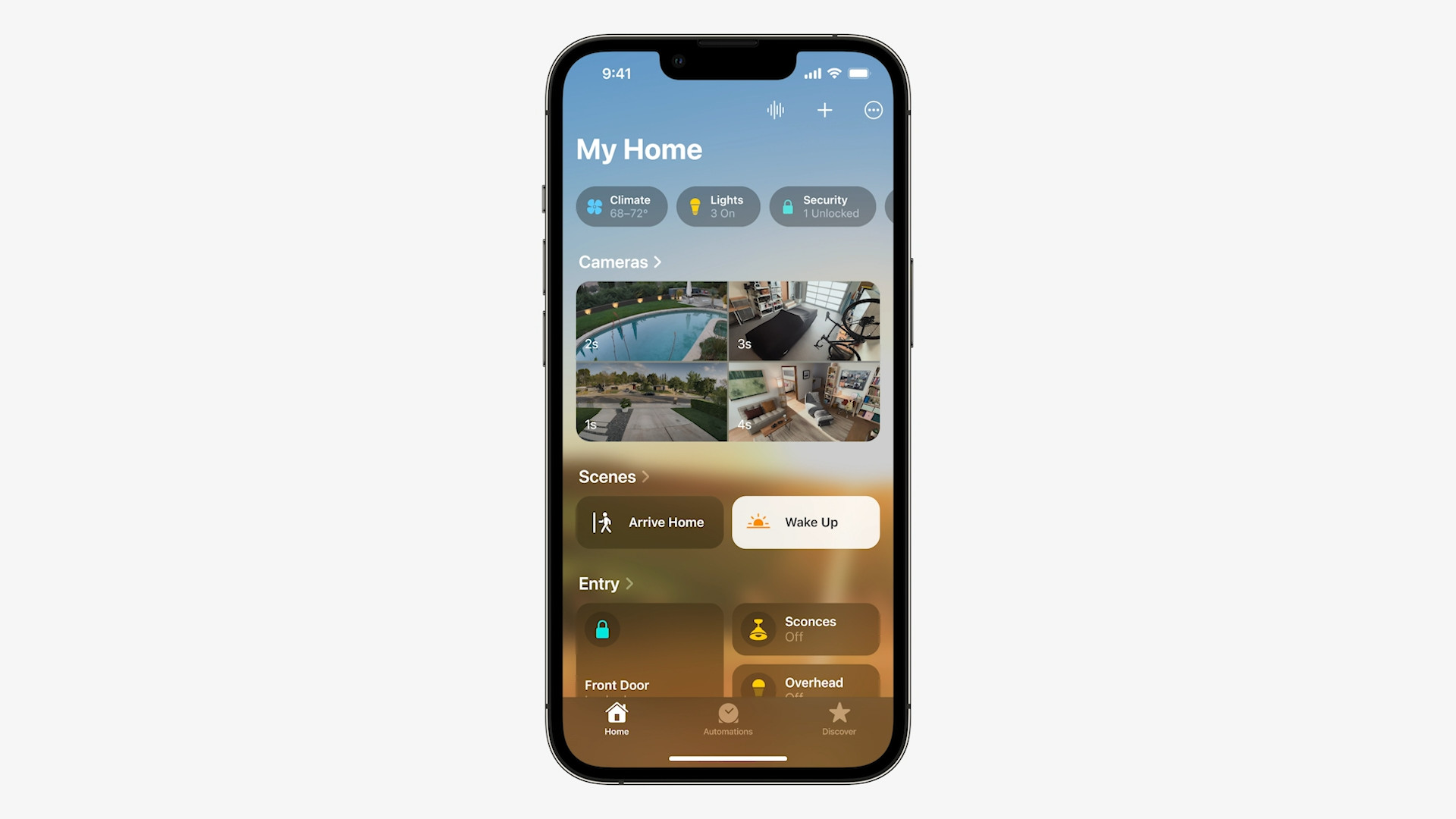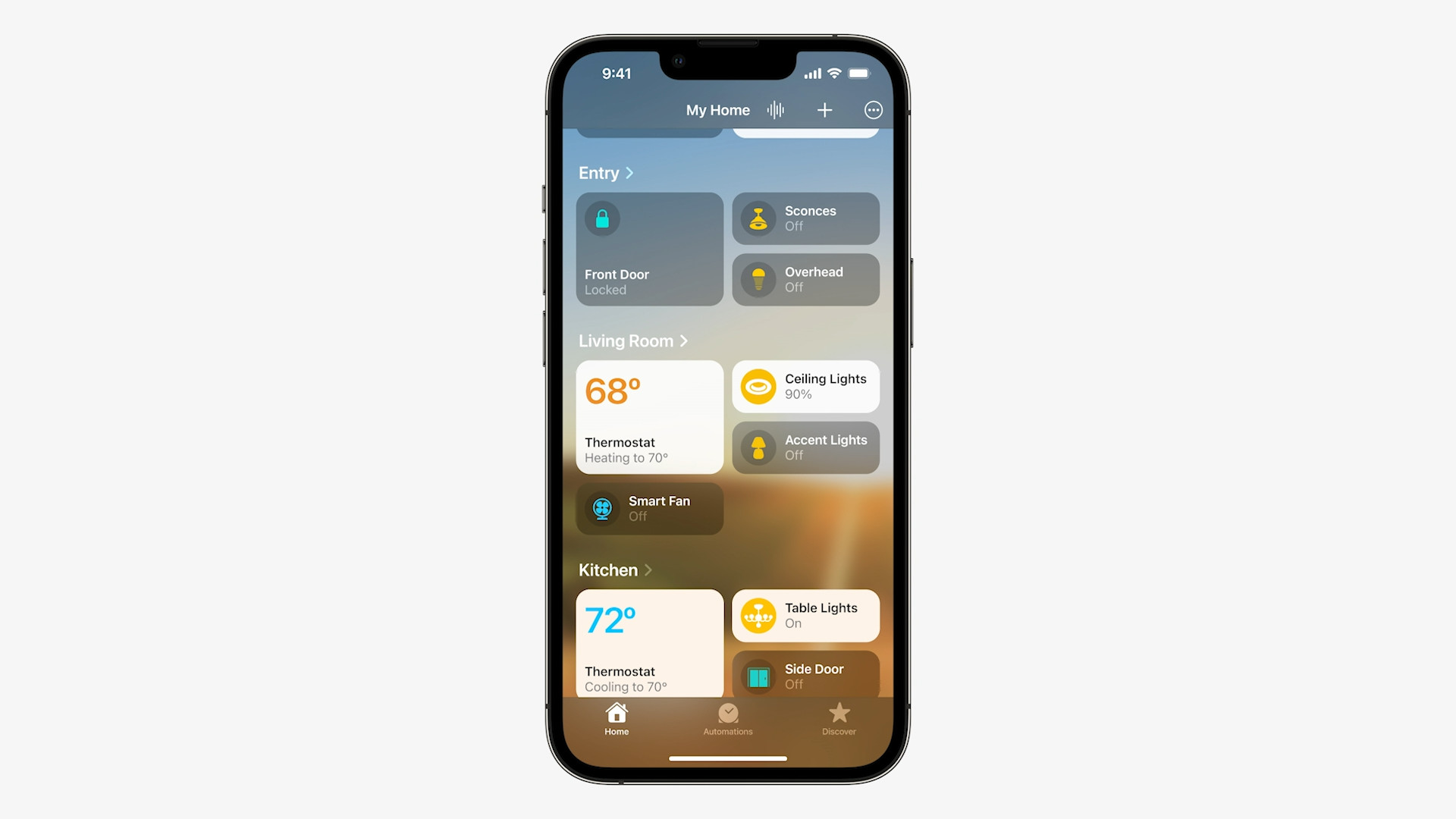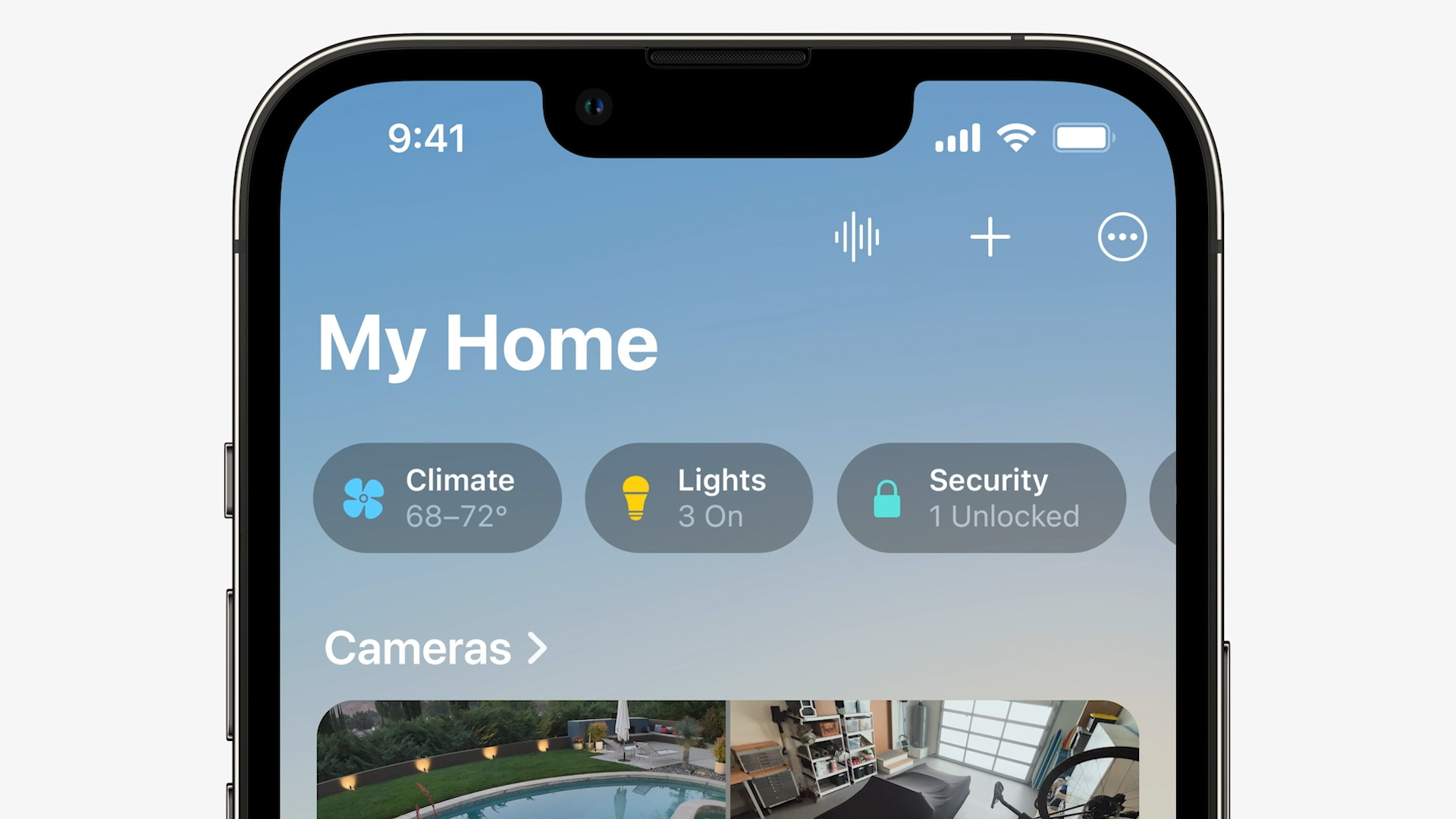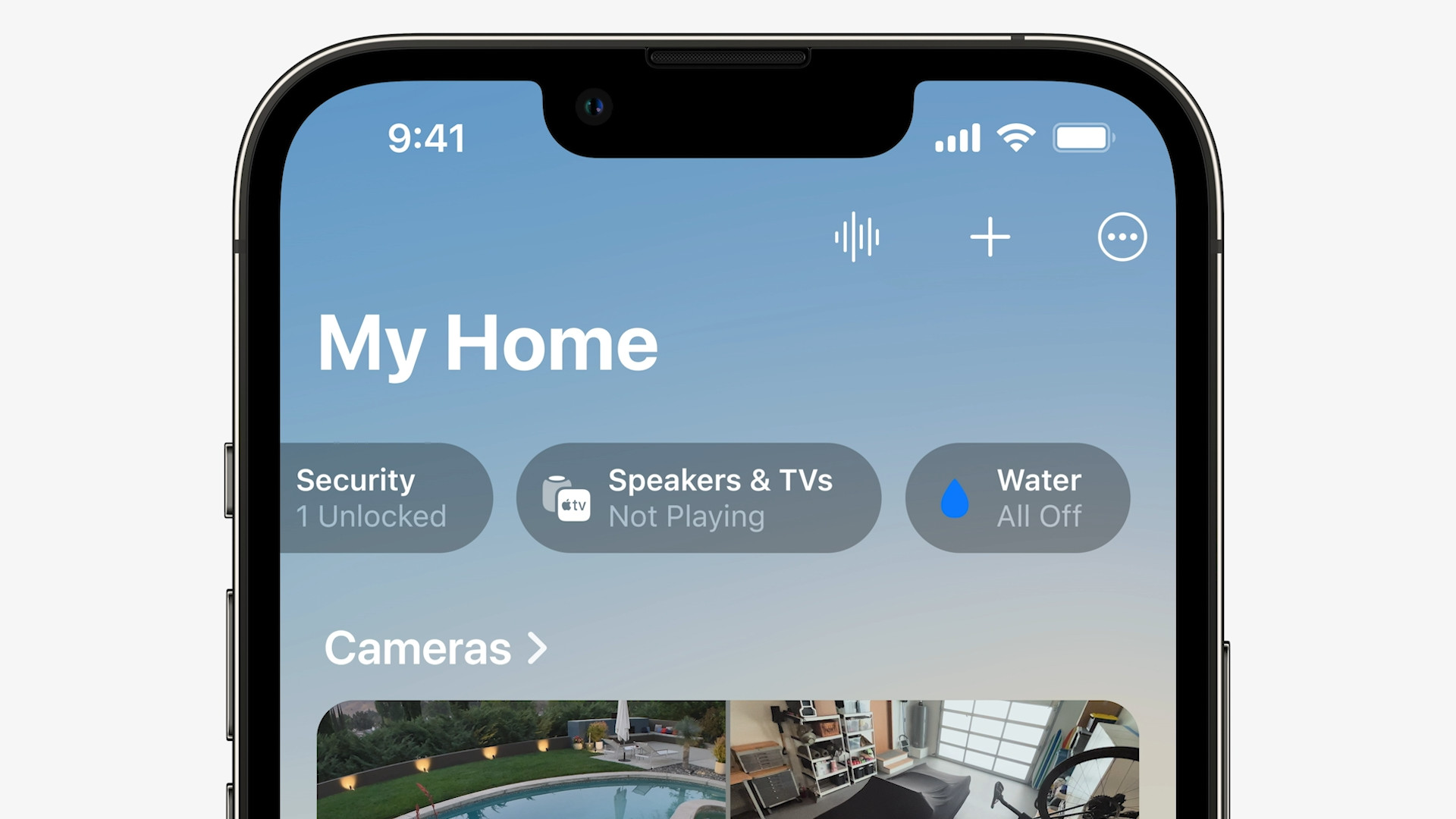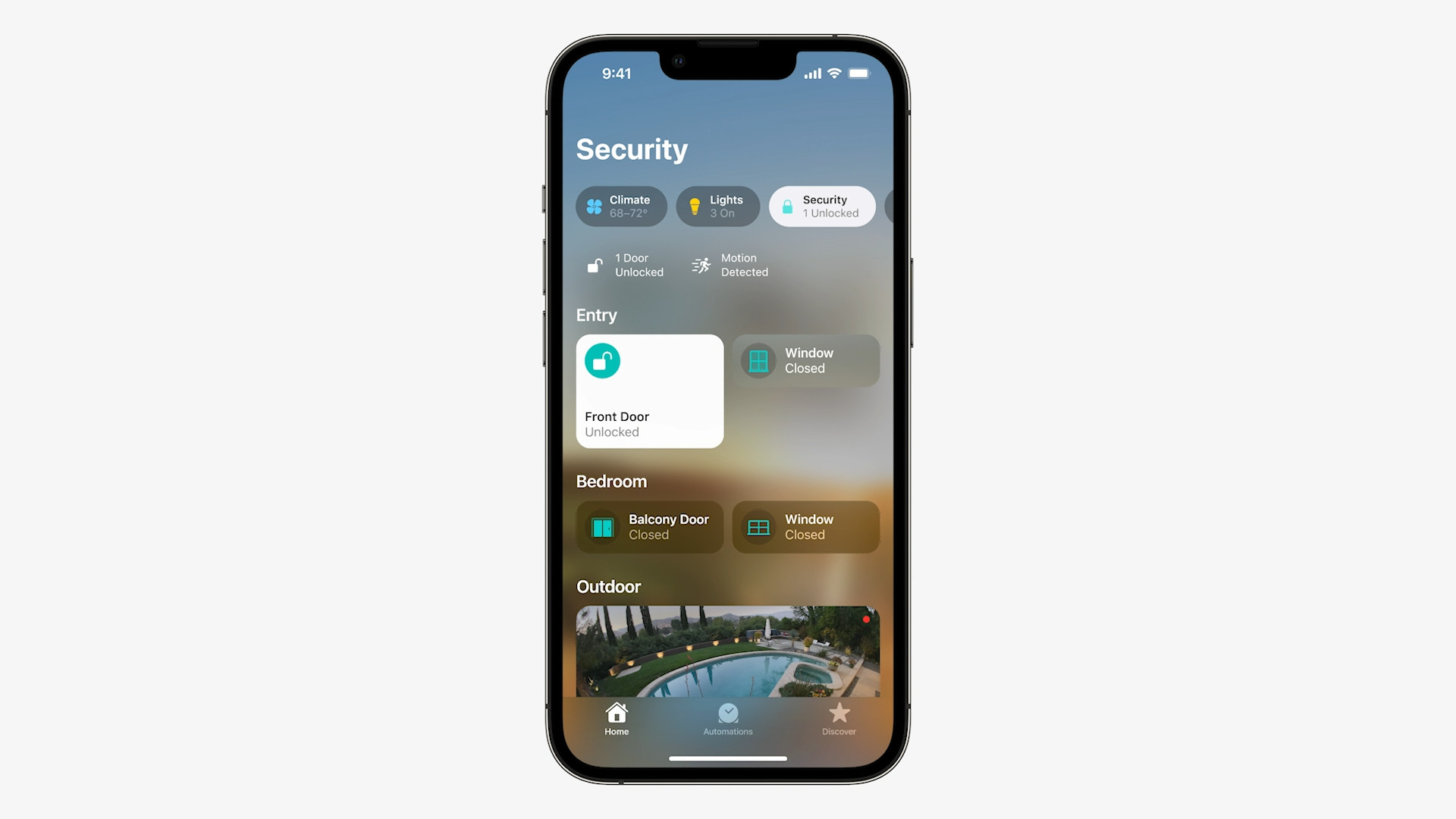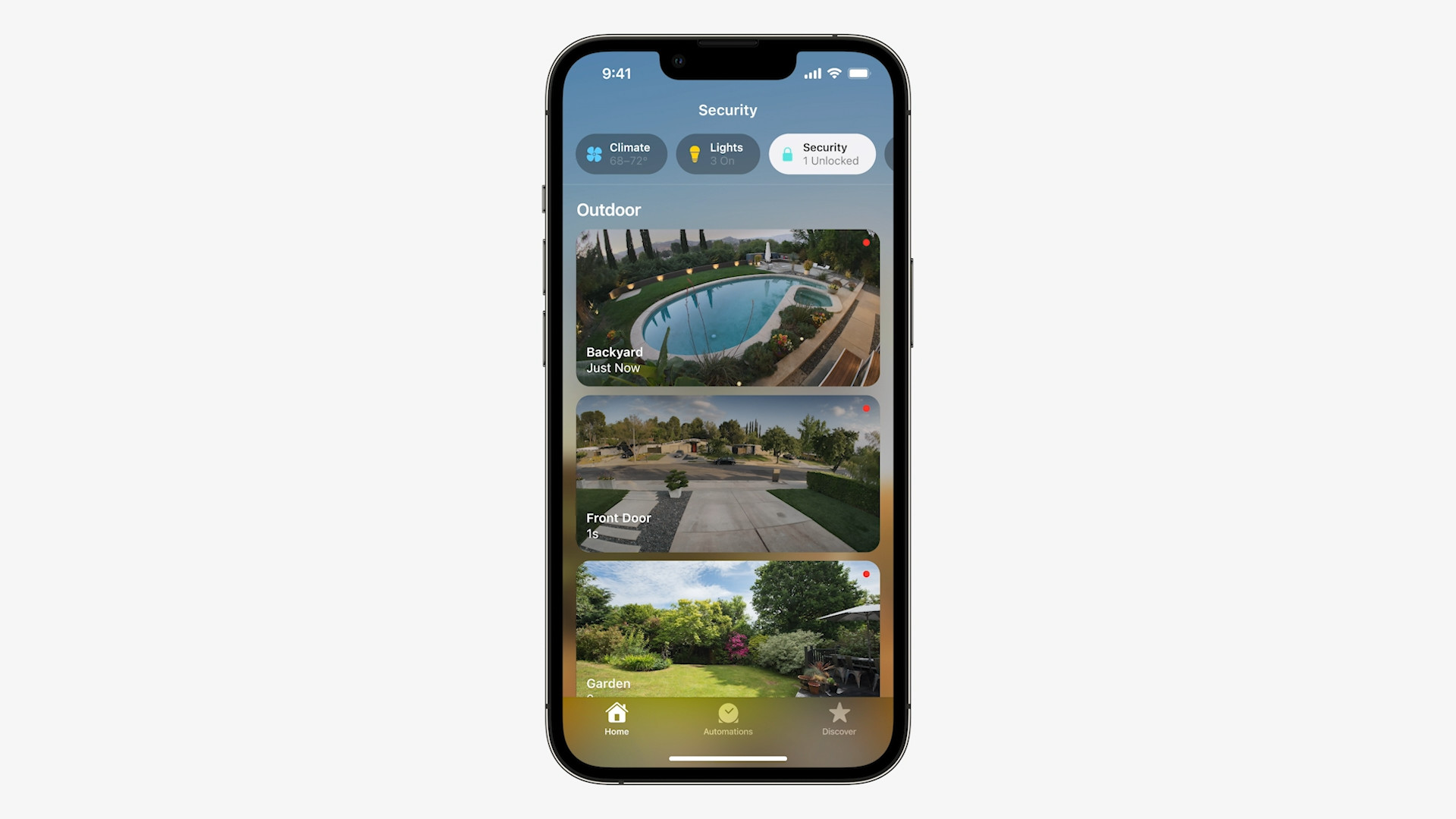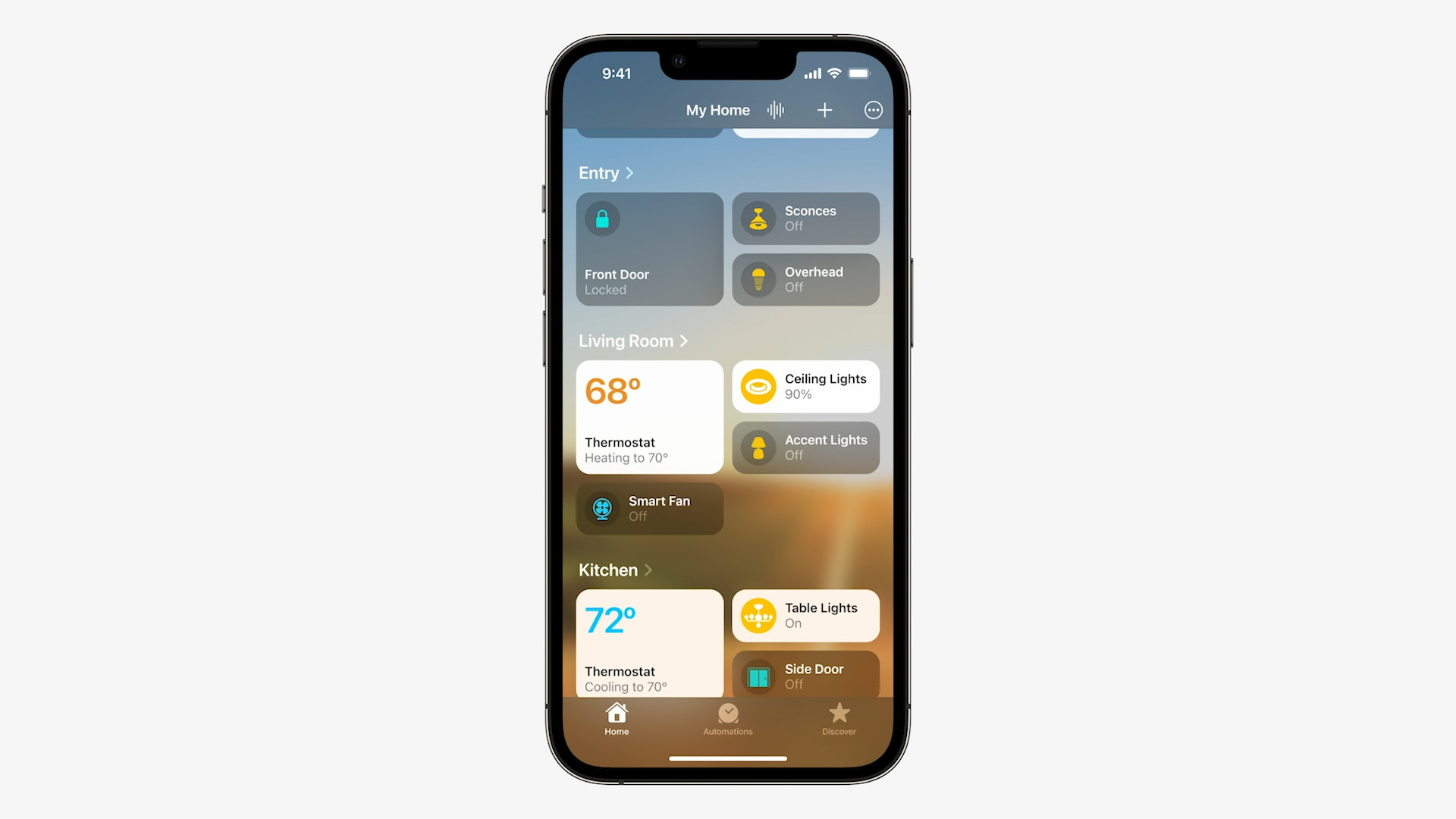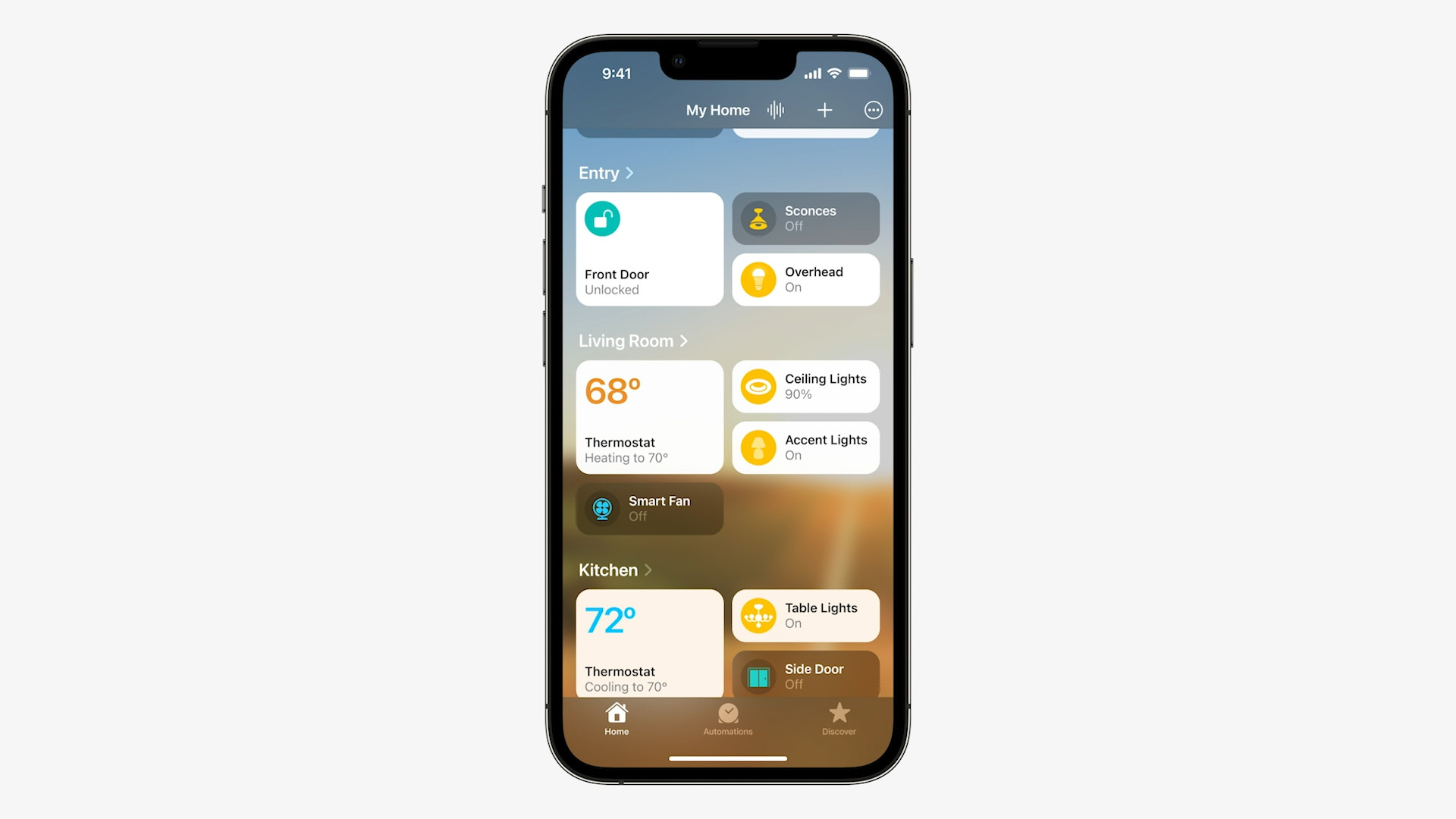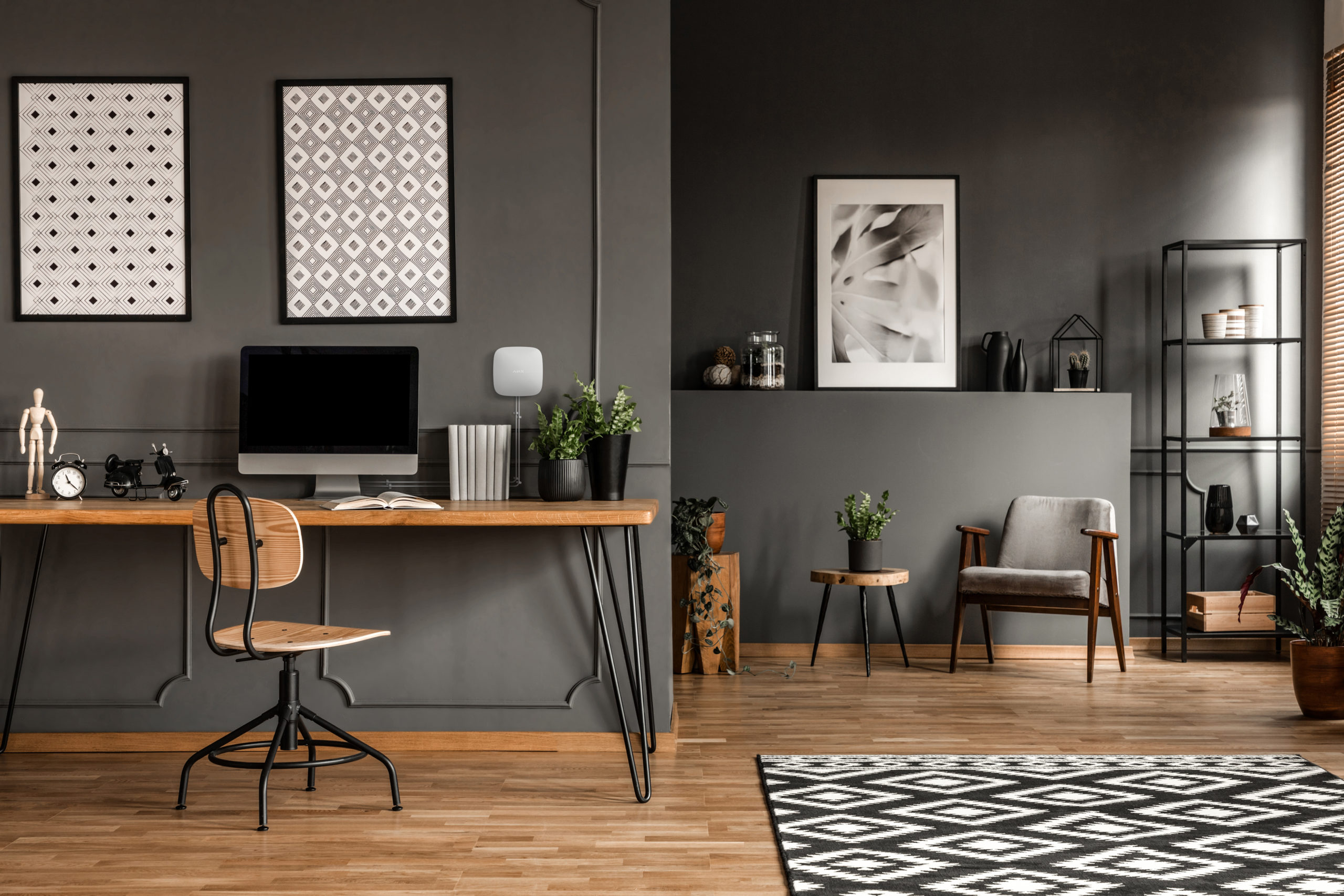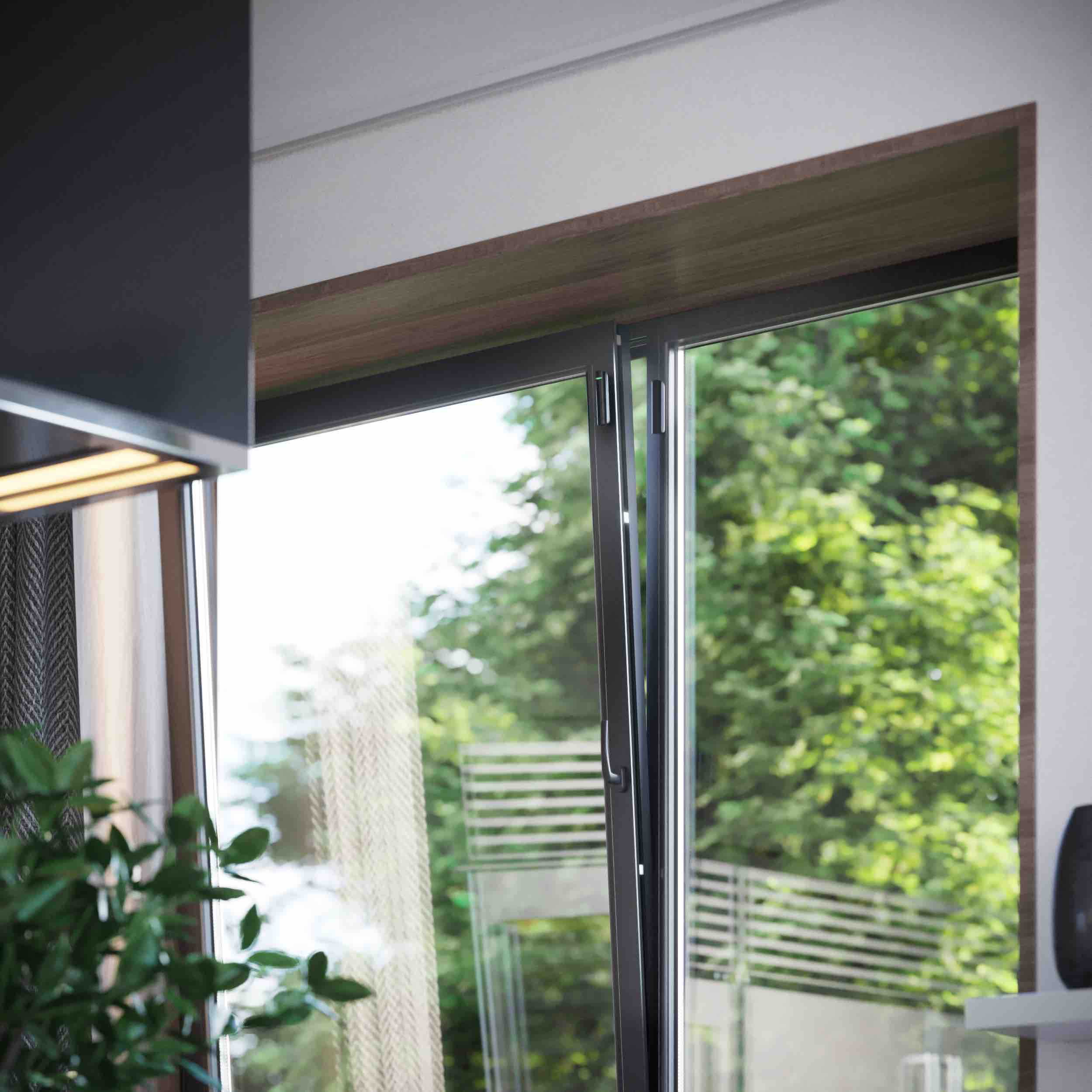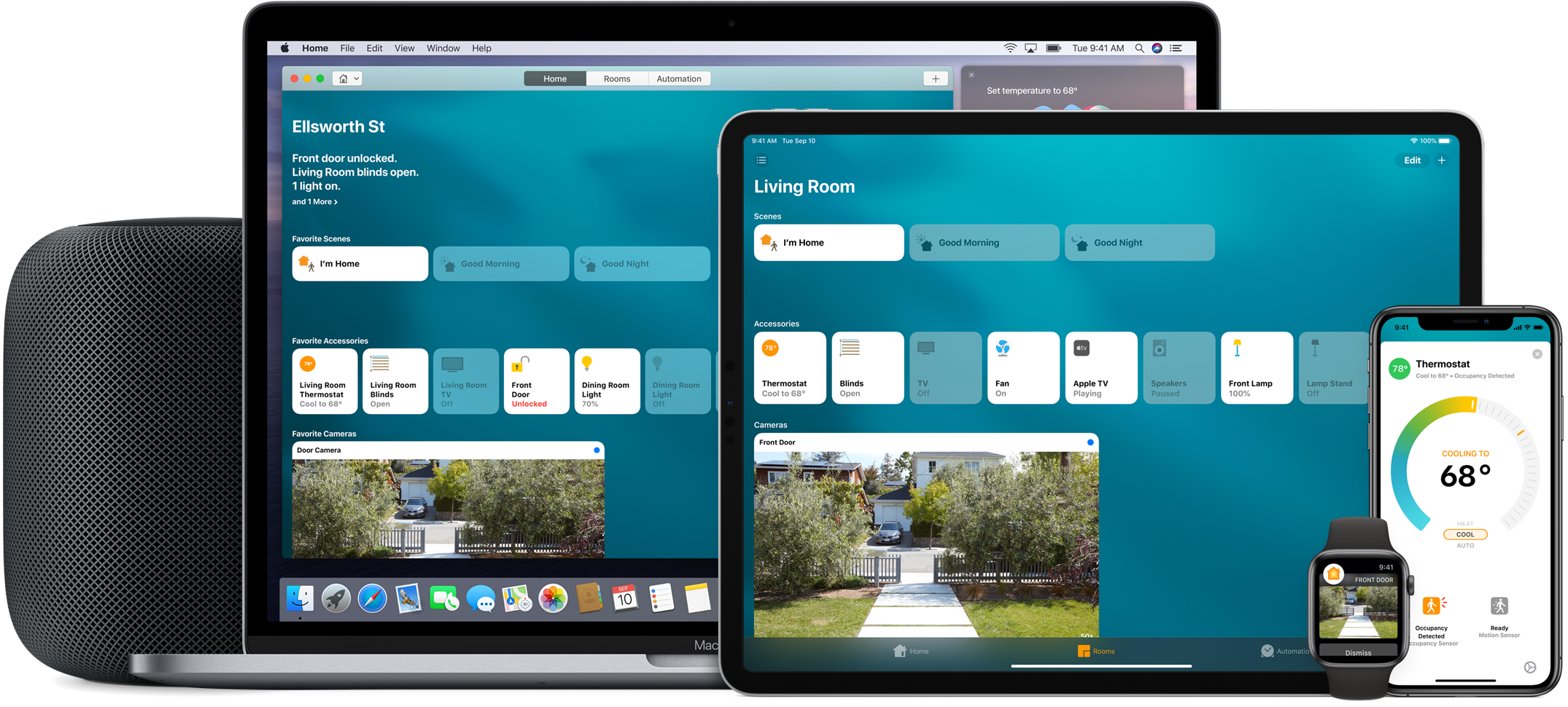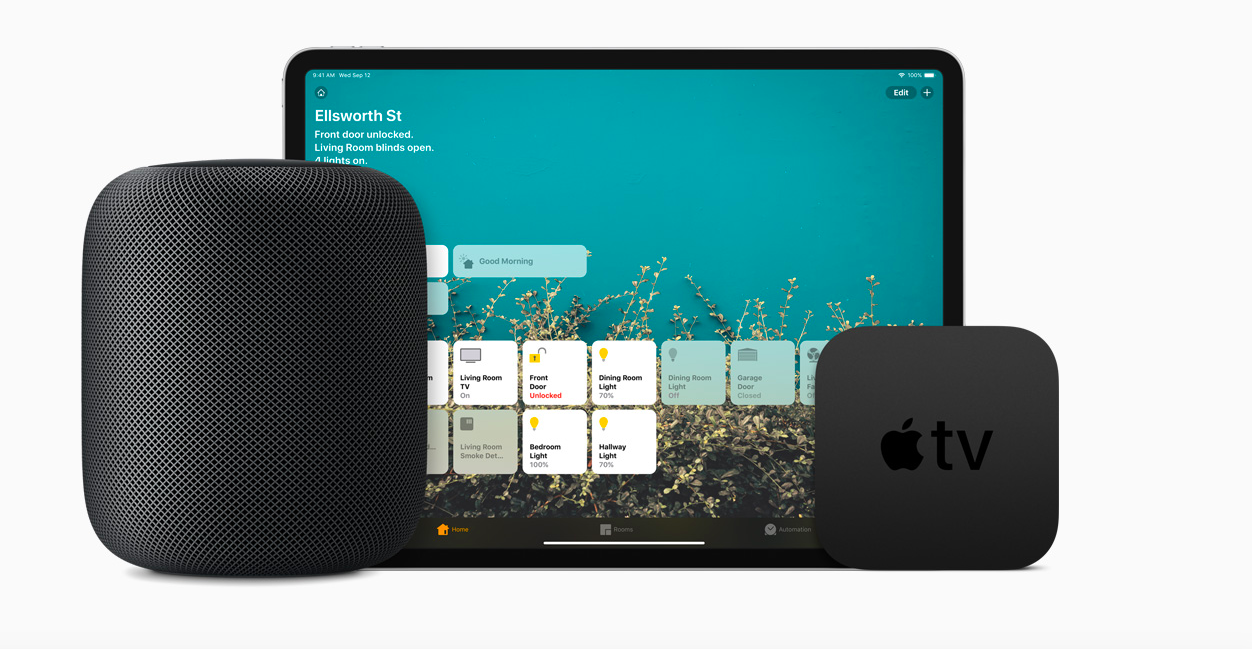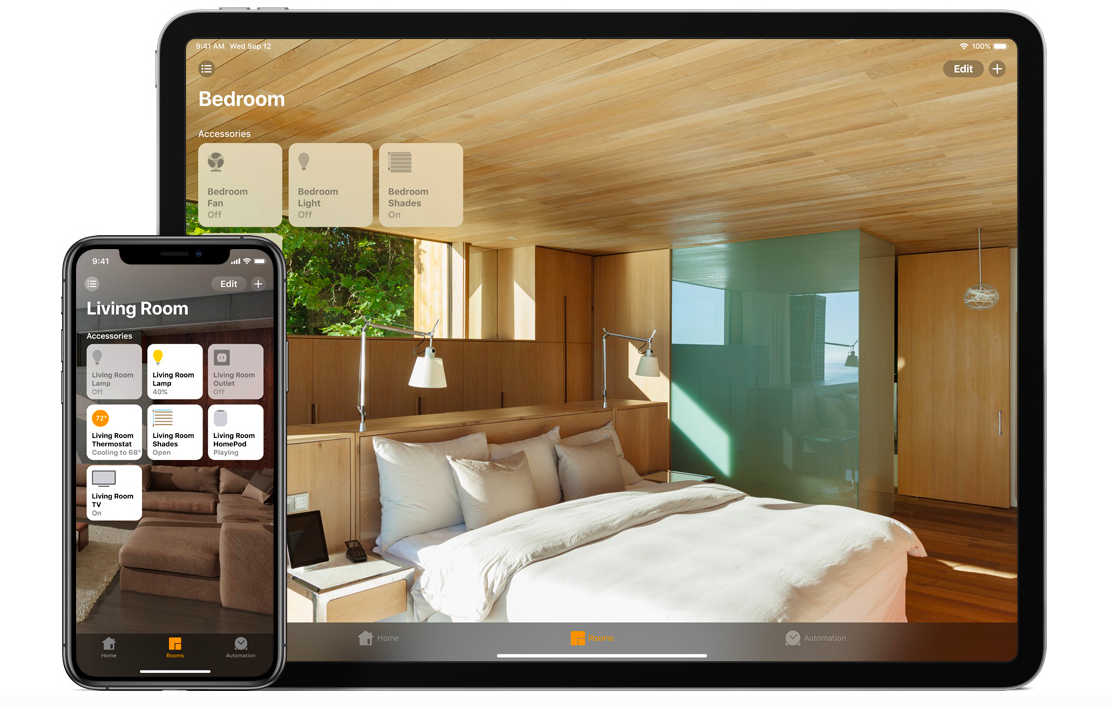As you may have noticed during the WWDC22 Keynote, Apple mentioned that its iOS 16 will include full support for the Matter standard. We already have iOS 16 here, but Matter is not expected to arrive until the fall or the end of the year. It's not Apple's fault, though, because the standard itself is still being tweaked.
It was on December 18, 2019, when this standard was officially announced, and which arose from the original Project Connected Home over IP, or CHIP for short. But he keeps the idea. It should be a royalty-free standard for home automation connectivity. So it wants to reduce fragmentation between different vendors and achieve interoperability between smart home devices and Internet of Things (IoT) platforms from different providers and across platforms, primarily iOS and Android. Simply put, it is intended to enable the communication of smart home devices, mobile applications and cloud services, and to define a specific set of IP-based network technologies for device certification.
It could be interest you
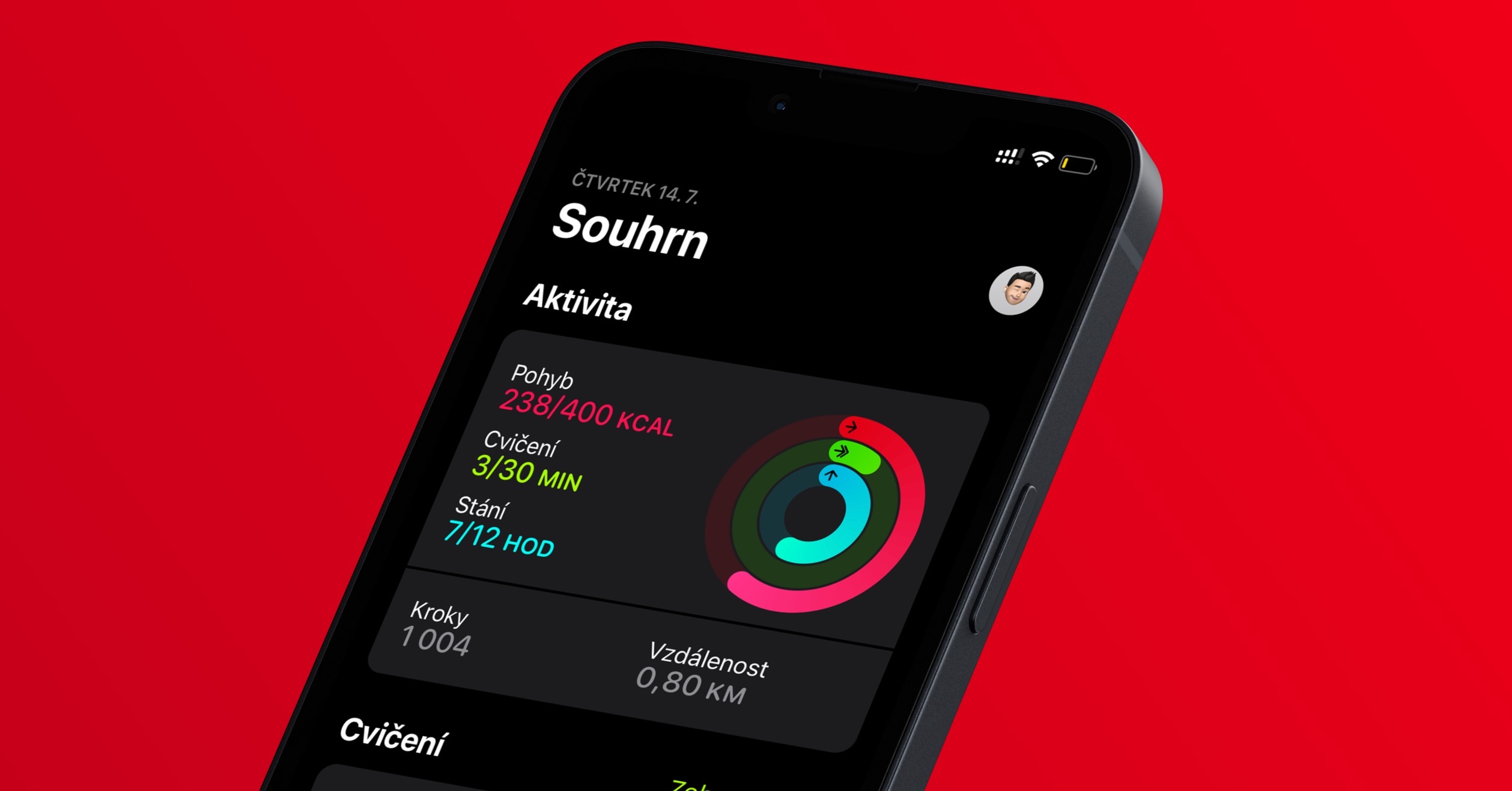
The world's largest manufacturers and one standard
It is indeed a competitor for HomeKit, but Apple itself is one of the leading companies that is trying to promote this standard. These include Amazon, Google, Comcast, Samsung, but also companies such as IKEA, Huawei, Schneider and 200 others. This is what the standard should play into the cards, because it will be widely supported and it is not a project of some small group of unknown companies, but the biggest technological giants are involved in it. The original date for the launch of the entire project was set for 2022, so there is still hope that it will be done this year.
The number of smart home accessories from many manufacturers suffers from the fact that you have to use each one with a different application with different functionality. The products then cannot communicate with each other, which also affects your possible home automation, regardless of whether someone uses iPhones and another from the Android family of devices. You are thus practically dependent on the use of products from one manufacturer, although of course not always, as some support both their own interface and HomeKit in particular. But it is not a condition. The first version of the system should quite logically use the Wi-Fi network for its communication, but the so-called Thread mesh, which will work via Bluetooth LE, is also being considered.
On the plus side, just as Apple will bring support for the standard to a wide portfolio of iPhones in iOS 16, some existing devices will only learn Matter after updating their firmware. Typically devices that are already working with Thread, Z-Wave or Zigbee will understand is Matter. But if you are currently choosing some smart equipment for your home, you should find out if it will be compatible with Matter. It is also necessary to take into account the fact that it will still be necessary to use some device serving as the center of the home, i.e. ideally Apple TV or HomePod.
 Adam Kos
Adam Kos 